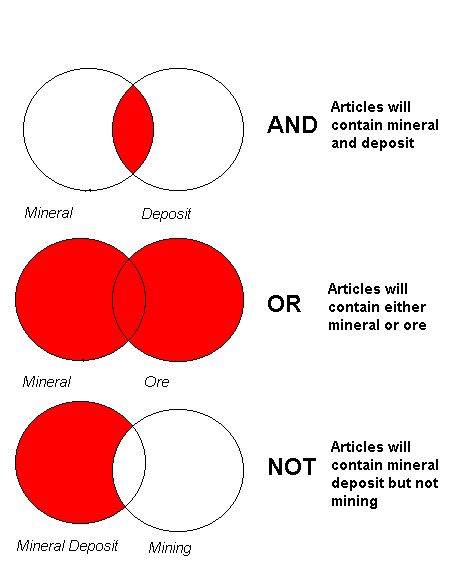
Keywords are the terms you will use to look for resources in the library catalog and databases. They define and summarize the overall idea of your search topic. Keywords and Subjects are not the same thing.
A scientific/empirical/research article reports methods and findings of an original research study conducted by the authors of the article.
You can identify a scientific article by the order in which its contents are presented in the article:
Research article STUDY HACK:
Truncation and wildcards are symbols added to word stem in a keyword search to recieved variants of the stem. The symbol used varies, always consult the help section of the catalog, database or search engine. Common symbols are asterisk (*), question mark (?), exclamation point (!), etc.
Examples:
wom*n = woman, women
educat* = education, educator, educate, etc.
colo*r = color, colour
Search Strategy Worksheet with truncation (Clark College)
Subject headings are controlled vocabulary created to help organize the vast amount of information available. Almost all library catalogs and databases use some form of subject headings and allow them to be used as search terms. Think of subject headings as the descriptor word or phrase of an overall topic.
Real life Subject Headings examples:
United States -- foreign relations
Geometry
Monsters -- West Virginina
Censorship -- Communist countries -- History -- 20th century
Step-by-step guide to using subject headings (Indiana State University)
Rockhurst offers a wide variety of databases. Here is an alphabetical listing with descriptions. Rockhurst Databases.
We suggest also using the Subject List of Databases, it narrows down what databases to use for a subject.
Boolean Operators are connecting search terms (AND, OR, NOT) used to help refine your keyword searches.

(Image provided by: http://recruiterstoday.blogspot.com/)
What are Boolean Operators (Alliant Libraries)
Boolean Tutorial (Colorado State University)
Advanced Boolean Tutorial (Colorado State University)
Creating search terms is similar to creating a mathematical equation. Using quation marks and parentheses helps the search produce more accuate and relevant results.
Quotation Marks are used around a group of words that you wish to be search as a phrase or concept, rather than individual words. For example; if you search prescription drugs, you will recieve information about prescription drugs, any type of drug with out a prescription, etc. This will give you a high number of results, but many that do not help your research.
To reduce the amount of time you will spend sifting through non-relevant research, you can put quotation marks around phrases. "Prescription drugs" will only result in items pertaining to the drugs that are prescribed.
Parentheses are used to create search order.The search will process the inner most word groupings and work outwards. These work best when used with Boolean operators. For example: (mouse OR rat) AND trap. Search results using this equation will be either mouse trap or rat trap.